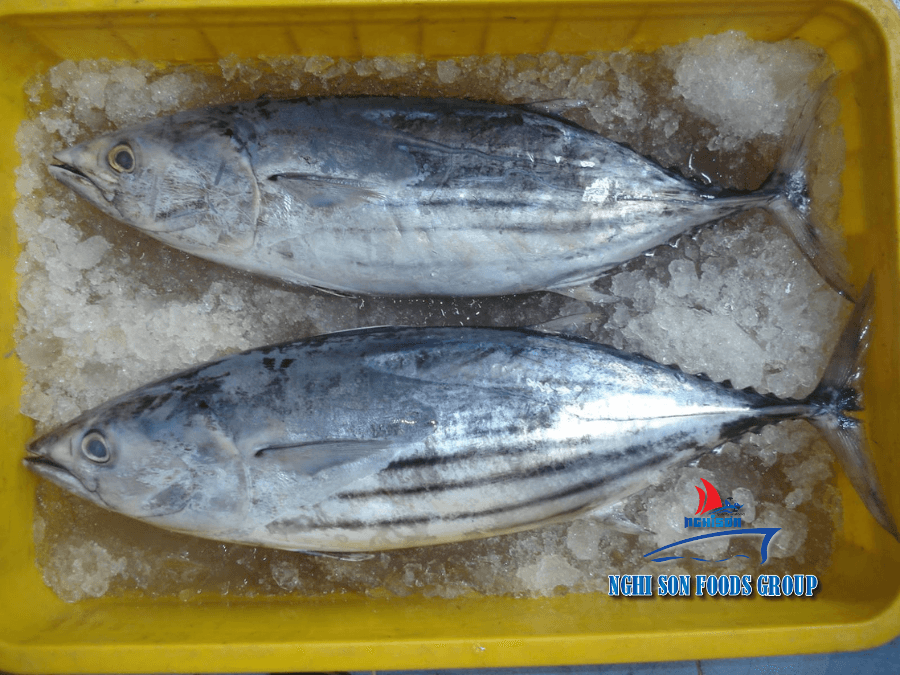In the ever-expanding global food trade, access to the United States market holds undeniable allure for food producers and exporters. However, entry into this market entails stringent regulatory requirements, particularly when it comes to food safety and compliance. One pivotal document that stands as a gateway to the U.S. food market is the Food Export Certificate issued by the U.S. Food and Drug Administration (FDA). In this comprehensive guide, we will delve into the intricacies of the FDA’s Food Export Certificate, its significance, the steps to obtain it, and why it’s a critical component of international food trade.
Understanding the FDA’s Food Export Certificate
The FDA, a federal agency within the U.S. Department of Health and Human Services, is tasked with safeguarding public health by ensuring the safety and proper labeling of food products, among other responsibilities. The Food Export Certificate issued by the FDA is a testament to a company’s compliance with U.S. regulations and serves as official documentation for exported food products.
The Significance of the FDA Food Export Certificate
Why is the FDA Food Export Certificate considered so crucial for food exporters worldwide? Here are the key reasons:
- Regulatory Compliance: For many food products, obtaining an FDA Food Export Certificate is not just an option; it’s a legal requirement. Non-compliance could result in the rejection of products at the U.S. border, hefty fines, or even legal actions.
- Market Access: The U.S. is one of the world’s largest and most lucrative food markets. The certificate grants access to this vast consumer base, opening doors to opportunities for growth and expansion.
- Consumer Confidence: In a market where consumers prioritize safety and quality, possessing an FDA Food Export Certificate can significantly enhance consumer trust. It signifies that your products meet rigorous standards.
- Risk Mitigation: Certification reduces the risk of regulatory actions, including product recalls, which could tarnish a company’s reputation and financial stability.
Navigating the Path to FDA Food Export Certificate
Obtaining an FDA Food Export Certificate involves several essential steps:
- Product Classification: Determine whether your food product falls under FDA jurisdiction. Note that certain products, such as meat and poultry, are regulated by other U.S. agencies.
- Facility Registration: Register your food production or processing facility with the FDA. This registration is mandatory and should be renewed biennially.
- Compliance with FDA Regulations: Ensure that your food product complies with FDA regulations, including labeling, packaging, and ingredient requirements.
- Documentation Preparation: Prepare and submit the necessary documentation to the FDA, including information about your product, its intended use, and safety data.
- Facility Inspection: Be prepared for inspections by FDA officials, who may visit your facility to assess compliance with regulatory standards.
- Application Submission: Submit your application for the FDA Food Export Certificate through the FDA’s Certification Application Process.
- Application Review: The FDA will carefully review your application and supporting documents to determine eligibility for the certificate.
- Certificate Issuance: Upon approval, you will receive the FDA Food Export Certificate, which can be used as evidence of compliance during customs clearance.
Benefits of Obtaining an FDA Food Export Certificate
The efforts invested in obtaining an FDA Food Export Certificate yield significant advantages:
- Market Expansion: Certification opens doors to the vast U.S. market, allowing businesses to reach American consumers who value food safety and quality.
- Regulatory Compliance: It ensures adherence to U.S. regulations, minimizing the risk of legal issues, product rejections, or regulatory actions.
- Enhanced Reputation: Products with FDA certification enjoy a reputation as safe, compliant, and trustworthy options for consumers.
- Consumer Trust: The certificate instills confidence in consumers, who can make informed choices when purchasing food products.
Conclusion
While the journey to obtain an FDA Food Export Certificate may seem intricate, it is an essential undertaking for businesses aiming to export food products to the United States. Beyond regulatory compliance, this certificate symbolizes your commitment to safety and quality. By navigating the rigorous standards set by the FDA, you not only gain access to one of the world’s largest food markets but also contribute to the global food trade by delivering safe and high-quality products to consumers.


















